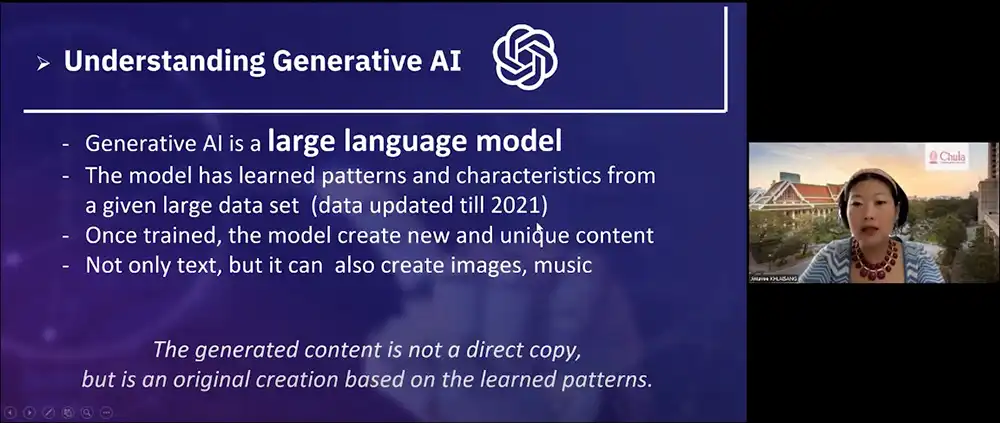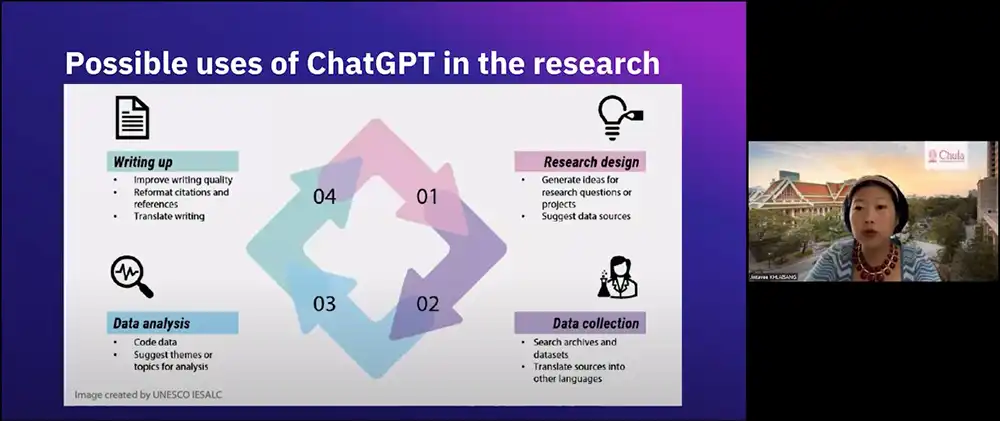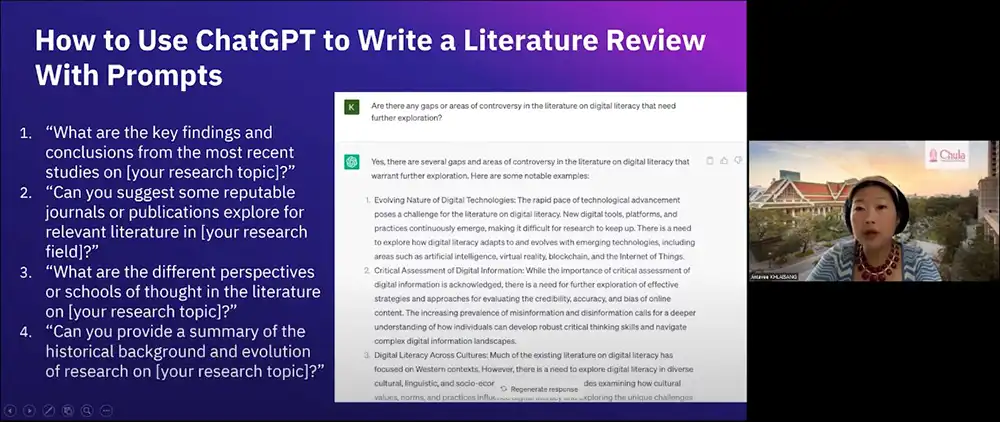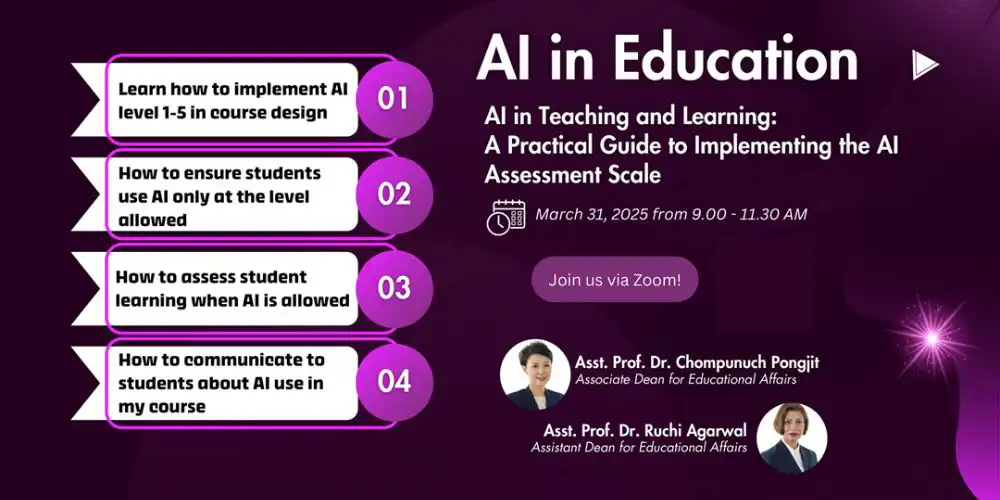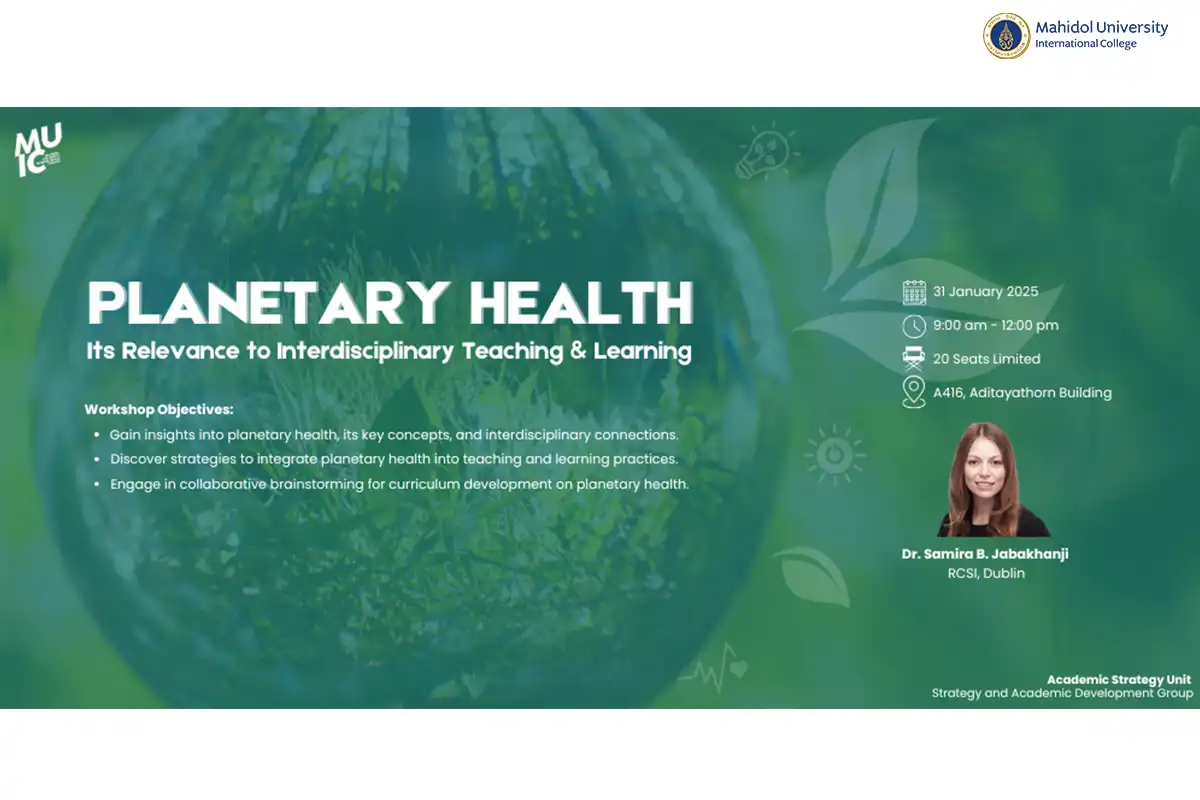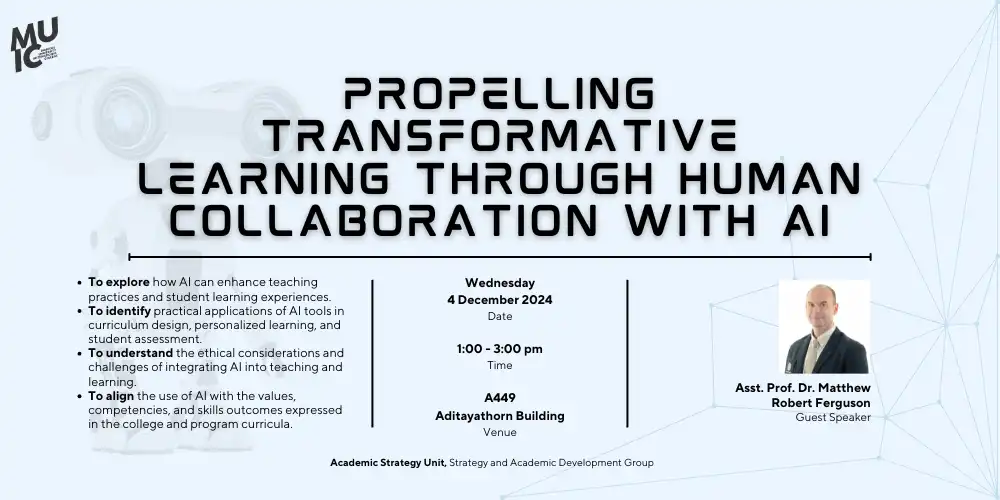Empowering Teaching & Learning Experiences: Generative AI in Education
July 19, 2023 2023-07-19 7:55Empowering Teaching & Learning Experiences: Generative AI in Education

Empowering Teaching & Learning Experiences: Generative AI in Education
The Strategy and Academic Development Section of the OAA and EdTech conducted an online session on Generative AI in Education. Generative AI’s benefits and drawbacks to higher education require careful examining to ensure that students, instructors, and institutions benefit from this technology responsibly and ethically. GPT can react to questions, generate text that resembles human speech, and do other NLP operations with the free GPT-3.5 architecture. It acts as a massive language model using information and patterns from a large dataset.
Many tools can distinguish AI-generated text from human-produced content. GPTZero, Content at Scale AI detector, OpenAI AI Text Classifier, Writefull GPT Detector, and others may identify AI text and estimate its AI content %. Generative AI may push instructors out of their comfort zone, but it offers many classroom opportunities such as developing images, music, movies, and text from input suggestions which can improve education. AI can help design syllabi and optimize teaching strategy from the start as well as assist students find suitable educational resources by analyzing learning patterns and preferences. It can also be used to create interactive simulations or engaging multimedia presentations, as well as personalized workouts, tasks, and feedback to improve soft and hard skills.
To conclude, educators can discuss ChatGPT with students at the start of the semester rather than ignoring it. Educators can set responsible use standards for this tool by noting its potential benefits and explaining its permissible use.


